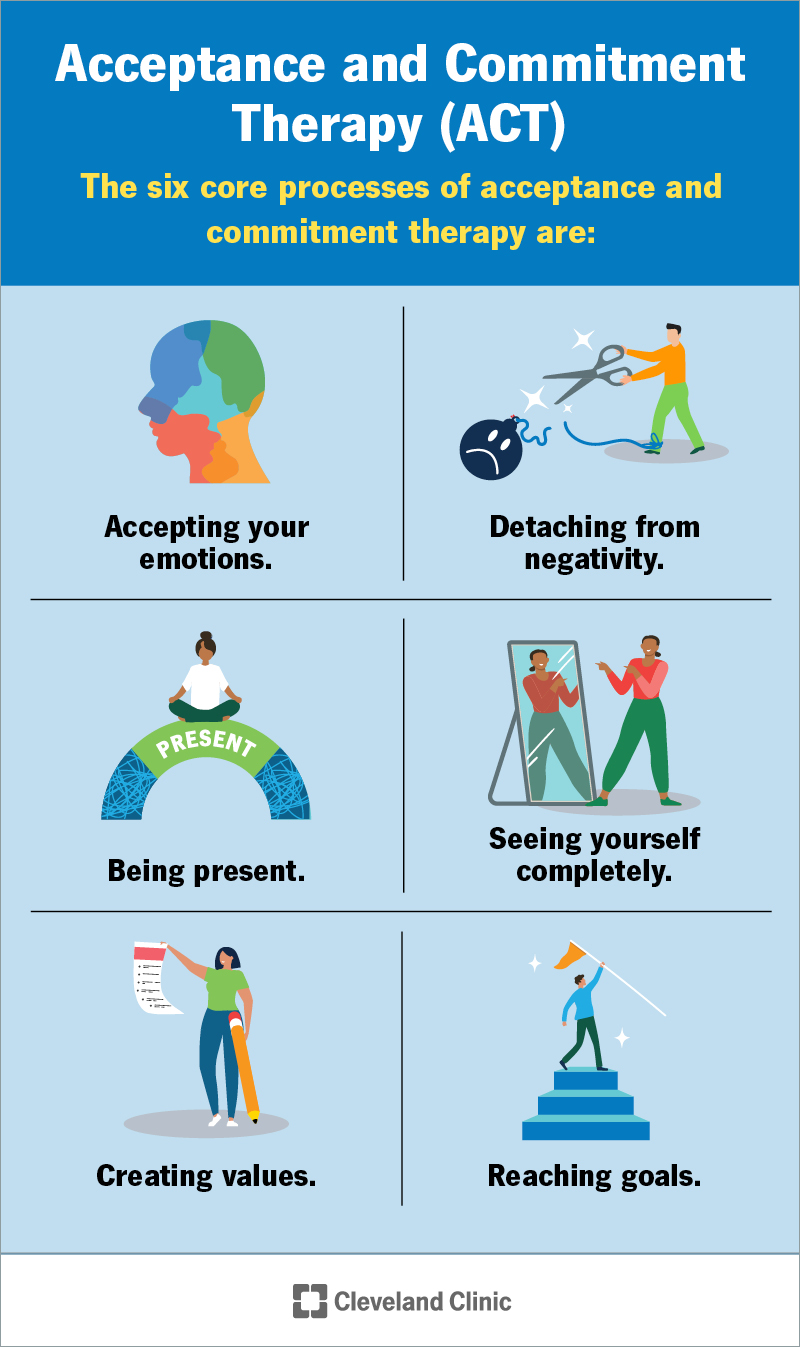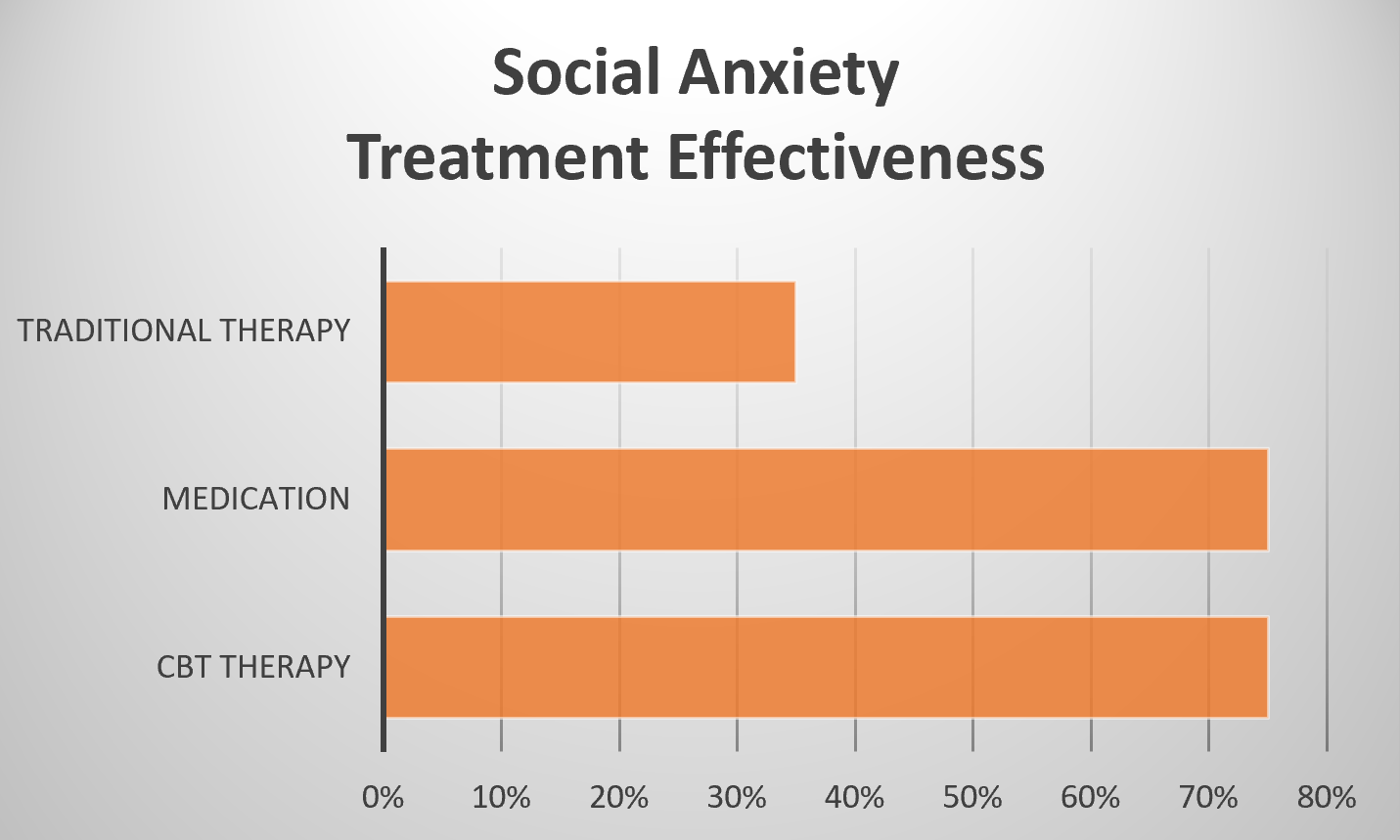How a licensed therapist for anxiety can help you overcome daily stress
How a licensed therapist for anxiety can help you overcome daily stress
Blog Article
Checking Out Different Techniques in Coaching for Stress And Anxiety Condition for Lasting Change
When tackling anxiety problems, it's necessary to discover a range of counseling strategies. Each method supplies unique insights and tools to assist you manage your symptoms efficiently. You may locate that integrating techniques can yield the best results. Recognizing the subtleties of these approaches is key to fostering long-term modification. What happens if the right mix could launch a new level of psychological well-being for you?
Comprehending Stress And Anxiety Disorders: A Quick Introduction
Anxiousness conditions, which impact numerous people worldwide, can substantially affect day-to-day live. You may experience frustrating sensations of fear or stress that appear irrepressible. These sensations can lead to physical signs like a racing heart, sweating, or perhaps dizziness. Usual sorts of anxiety disorders consist of generalized anxiety condition, panic attack, and social anxiousness problem. Each has distinct signs, yet they all share a tendency to disrupt your regular and relationships.Understanding the origin creates of your anxiety is crucial. It may originate from genetics, mind chemistry, or life experiences. Identifying your triggers can aid you handle your reactions better. It is necessary to keep in mind that you're not alone in this struggle. Many individuals face similar difficulties, and looking for help is a strong action toward sensation much better. By learning more about anxiousness problems, you're already on the course to understanding and managing your problem much more properly.
Cognitive-Behavioral Treatment: Testing Adverse Thought Patterns

Identifying Unfavorable Idea Triggers
When you experience moments of distress, acknowledging the specific triggers behind your adverse thoughts can be essential in taking care of anxiousness. Begin by focusing on scenarios that prompt feelings of concern or fear. Is it a jampacked space, a forthcoming deadline, or a conversation with specific people? Write down these circumstances in a journal. This will certainly aid you determine patterns in your reasoning. Notification physical feelings that accompany your negative ideas, like an auto racing heart or tightness in your chest. By determining these triggers, you gain insight into what's fueling your anxiousness. Recognizing these connections is the primary step in testing those thoughts and ultimately regaining control over your psychological responses.

Replacing Ideas With Positives
Challenging unfavorable idea patterns is a necessary action in changing your way of thinking and minimizing stress and anxiety. You may often discover yourself caught in cycles of insecurity or disastrous reasoning. Instead of allowing these ideas dictate your sensations, practice changing them with favorable affirmations or practical choices. When you think, "I can't manage this," change it to, "I can handle obstacles one step at a time." This straightforward change can considerably affect your emotion. On a regular basis recognizing and responding to these adverse ideas aids create a much healthier internal discussion. Bear in mind, it takes time and effort, however regularly practicing this technique can cause long-term change, equipping you to deal with anxiety with restored confidence and resilience
Building Coping Strategies With Each Other
Replacing unfavorable thoughts is just the start of managing anxiousness properly. To produce long lasting modification, you require to develop coping techniques that encourage you. Cognitive-Behavioral Therapy (CBT) assists you determine and test those unhelpful thought patterns. With each other, you and your counselor can check out exactly how these ideas impact your feelings and behaviors.Start by creating sensible methods, like journaling or mindfulness exercises, that permit you to confront anxiety head-on. When you encounter your worries slowly, you'll find out to respond in a different way.

Mindfulness and Acceptance-Based Approaches: Cultivating Present-Moment Recognition
As you navigate the intricacies of stress and anxiety, incorporating mindfulness and acceptance-based approaches can considerably enhance your capability to grow present-moment understanding. By concentrating on the right here and now, you'll discover that you can observe your ideas and feelings without judgment. This practice assists you acknowledge your stress and anxiety without feeling overwhelmed by it.Engaging in mindfulness workouts, such as deep breathing, body scans, or led reflections, allows you to ground yourself in your present experience. Acceptance-based techniques motivate you to welcome your emotions instead of fight against them. When you accept your feelings, they shed their power over you.Incorporating these techniques into your day-to-day regimen can change just how you reply to stress and anxiety. You'll create resilience and find out to navigate demanding circumstances with better convenience. Inevitably, growing present-moment recognition lays the structure for lasting change, encouraging you to lead an extra satisfying life.
Direct Exposure Treatment: Challenging Fears Slowly
Exposure therapy aids you face your worries in a progressive method, making it less overwhelming. You'll discover methods to face anxiety-provoking scenarios detailed, while also constructing coping techniques to manage your responses. This strategy equips you to take control and reduce anxiety gradually.
Gradual Exposure Strategies
When facing anxiousness, slowly facing your fears can be an effective means to regain control. This method, called gradual exposure, includes gradually subjecting on your own to the circumstances or objects that trigger your anxiety. Begin with less intimidating scenarios and gradually work your means as much as more challenging ones. If you're worried of public speaking, you might begin by talking in front of a mirror, after that proceed to sharing thoughts with a buddy, and at some point resolve a tiny team. Each action helps desensitize you to the fear, building your self-confidence in time. Bear in mind, it's vital to pace yourself and celebrate small victories as you relocate through this procedure, enhancing your ability to manage anxiousness properly.
Structure Coping Approaches
Building efficient coping approaches is vital for taking care of anxiousness, especially as you challenge your concerns gradually. One powerful technique is direct exposure therapy, where you start by facing your anxieties in a regulated way. Start with less frightening scenarios and gradually work your way up to even more difficult circumstances. This gradual exposure assists desensitize you to anxiousness causes, making them less overwhelming.Incorporate relaxation strategies, such as deep breathing or mindfulness, to calm your mind throughout exposure. Track your progression, celebrating small triumphes along the road to enhance your self-confidence. Keep in mind, it's fine to take your time; the goal isn't excellence however constant renovation. By developing these approaches, you'll equip on your own to navigate stress and anxiety and accept life a lot more fully.
Psychodynamic Therapy: Discovering Origin of Anxiousness
Psychodynamic treatment checks out the subconscious mind, exposing the origin of your anxiety - Counseling services for anxiety. By analyzing your ideas, feelings, and previous experiences, this technique aids you reveal underlying problems and unsettled concerns that might add to your existing stress and anxiety. You'll collaborate with a therapist to check out childhood years experiences, connections, and psychological patterns that form your actions today.As you acquire understanding right into these deeper layers of your mind, you'll begin to recognize exactly how past events affect your present actions. This understanding can result in catharsis, permitting you to refine emotions you may have suppressed.Through the healing connection, you can also determine defense systems that may have developed in time, offering a clearer course to transform. Ultimately, psychodynamic treatment outfits you with the devices to address your stress and anxiety at its core, advertising lasting improvement in your psychological wellness
Alternative and integrative Approaches: Combining Methods for Greater Effectiveness
Integrating various therapeutic strategies can boost your journey toward managing stress and anxiety better. By incorporating aspects from cognitive-behavioral treatment, mindfulness techniques, and alternative methods, you can develop a tailored strategy that addresses your unique needs. As an example, you may use cognitive-behavioral methods to challenge adverse thought patterns while including mindfulness exercises to ground yourself in today moment.Additionally, discovering all natural methods such as yoga exercise or reflection can advertise leisure and lower stress and anxiety symptoms. This mix enables you to establish higher self-awareness and resilience.Experimenting with these diverse techniques can help you find what resonates most with you. Keep in mind, it's about finding a harmony that functions, instead of sticking to a single method. This integrative method not just uses prompt relief however likewise fosters long-term skills for handling anxiousness, empowering you to redeem control over your life.
The Duty of Assistance Solutions: Structure Durability Through Link
While it might seem that taking care of anxiety is a singular journey, having a solid support group can play a necessary role in your resilience. Bordering yourself with understanding close friends, household, or support system develops a secure room where you can freely share your experiences and sensations. When you connect with others, you remind on your own that you're not the only one in this struggle.These connections provide inspiration and can supply functional coping strategies that have benefited others. It's also an opportunity to acquire perspective; friends can assist you see situations in a different way, minimizing sensations of isolation.Moreover, psychological assistance fosters a sense of belonging, which can substantially minimize anxiety signs. By leaning on your support system, you can develop strength and take on difficulties more effectively. Bear in mind, connecting for aid signifies toughness, and it can make all the distinction in your trip towards handling anxiety.
Often Asked Questions
What Are the Typical Signs of Anxiety Conditions?
You may experience restlessness, tiredness, difficulty concentrating, irritability, muscle stress, and sleep disruptions. Physical symptoms can include fast heartbeat, sweating, and trembling. Identifying these indications early can help you seek suitable support and treatment.

For How Long Does Therapy Usually Last for Anxiety Conditions?
Therapy for anxiousness problems commonly lasts anywhere from a few weeks to numerous months. It really depends upon your specific needs, progress, and the strategies your specialist makes use of to aid you handle your stress and anxiety effectively.
Can Drug Be Made Use Of Along With Treatment for Stress and anxiety?
Yes, drug can definitely be made use of alongside therapy for stress and anxiety. Integrating both strategies often boosts treatment effectiveness, aiding you handle signs while checking out underlying read more concerns via therapy. Constantly consult your medical care supplier for individualized suggestions.
Exist Self-Help Strategies for Taking Care Of Anxiety?
Yes, there are several self-help methods for handling anxiousness. You can exercise mindfulness, participate in routine exercise, preserve a well balanced diet, establish a regular, and utilize deep breathing techniques to aid minimize anxiousness signs successfully.
How Do I Know if I Required Professional Assistance for Stress And Anxiety?
You should think about looking for specialist assistance for stress and anxiety if it disrupts day-to-day live, creates significant distress, or if self-help techniques aren't working. Depend on your reactions; connecting can bring about better coping abilities and assistance. Common types of anxiousness disorders include generalized anxiety disorder, panic problem, and social anxiousness problem. When you encounter moments of distress, acknowledging the certain triggers behind your negative thoughts can be essential in taking care of anxiety. Replacing negative thoughts is only the beginning of managing stress and anxiety efficiently. By examining your thoughts, feelings, and past experiences, this approach helps you uncover underlying disputes and unresolved concerns that might contribute to your current anxiousness. It's also a possibility to gain perspective; close friends can aid you see circumstances in different ways, decreasing sensations of isolation (Counseling services for anxiety).Moreover, psychological support cultivates a feeling of belonging, which can significantly alleviate anxiety signs
Report this page